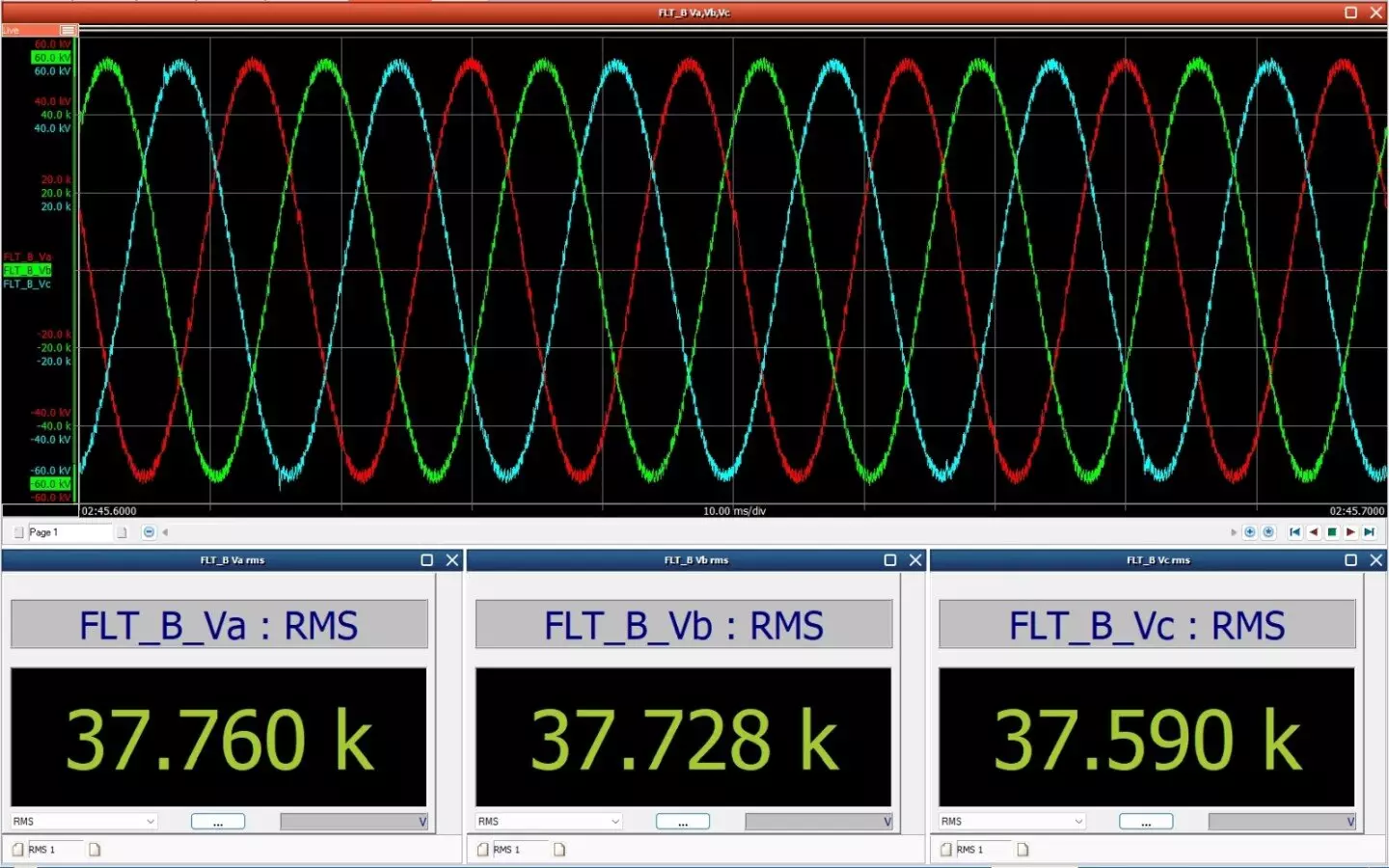Manufacturers of wind turbines face a significant challenge when it comes to connecting their new turbines to the public power grid. It is not enough to simply test the functionality of the turbines and connect them; they must also comply with strict limit values for electrical properties and be able to handle dynamic events such as short circuits and frequency fluctuations. Failure to meet these requirements can put the stability of the entire grid at risk.
In response to the challenges faced by wind turbine manufacturers, researchers at the Fraunhofer Institute for Wind Energy Systems IWES have developed the Mobil-Grid-CoP project. This project focuses on the development of a mobile test platform that allows realistic tests to be conducted on wind turbines, even those located offshore. The technology aims to assist in validating and certifying turbines while supporting the shift towards renewable energy sources.
The mobile test platform developed as part of the Mobil-Grid-CoP project is designed to enable full load testing of wind turbines, including large offshore turbines with outputs of up to 28 megavolt-amperes (MVA). By allowing manufacturers to conduct realistic tests, the platform facilitates faster certification processes and ensures that turbines meet the necessary requirements before being put into operation.
The test platform functions as a grid emulator that simulates the behavior of the power grid for the wind turbine being tested. It assesses the turbine’s response to various scenarios, such as frequency changes, voltage fluctuations, and short circuits, all in real-time. The turbine must demonstrate its ability to support the grid by providing reactive current in the event of a voltage drop, among other requirements.
The Mobil-Grid-CoP project offers a range of benefits for the wind energy sector. Manufacturers can conduct robust, realistic tests on their prototypes, reducing the risk of rework and speeding up the certification process. The test platform also allows for easy upgrades and modernization measures to be carried out on turbines. Furthermore, the flexibility of the platform enables it to be combined with other test benches, making it a valuable asset for infrastructure expansion.
The researchers behind the Mobil-Grid-CoP project have a forward-looking approach to wind turbine certification. They aim to develop a technology platform that can adapt to future changes in connection rules as the energy sector transitions to renewable sources. By staying ahead of evolving regulations, the project is poised to play a key role in accelerating the integration of renewable energy into the grid.
The Mobil-Grid-CoP project represents a significant advancement in wind turbine certification and testing. By providing a mobile test platform that allows for realistic and thorough assessments of wind turbines, the project is helping manufacturers meet the challenges of connecting their turbines to public power grids. With its focus on flexibility and adaptability to future changes in regulations, Mobil-Grid-CoP is shaping the future of renewable energy integration.


Leave a Reply